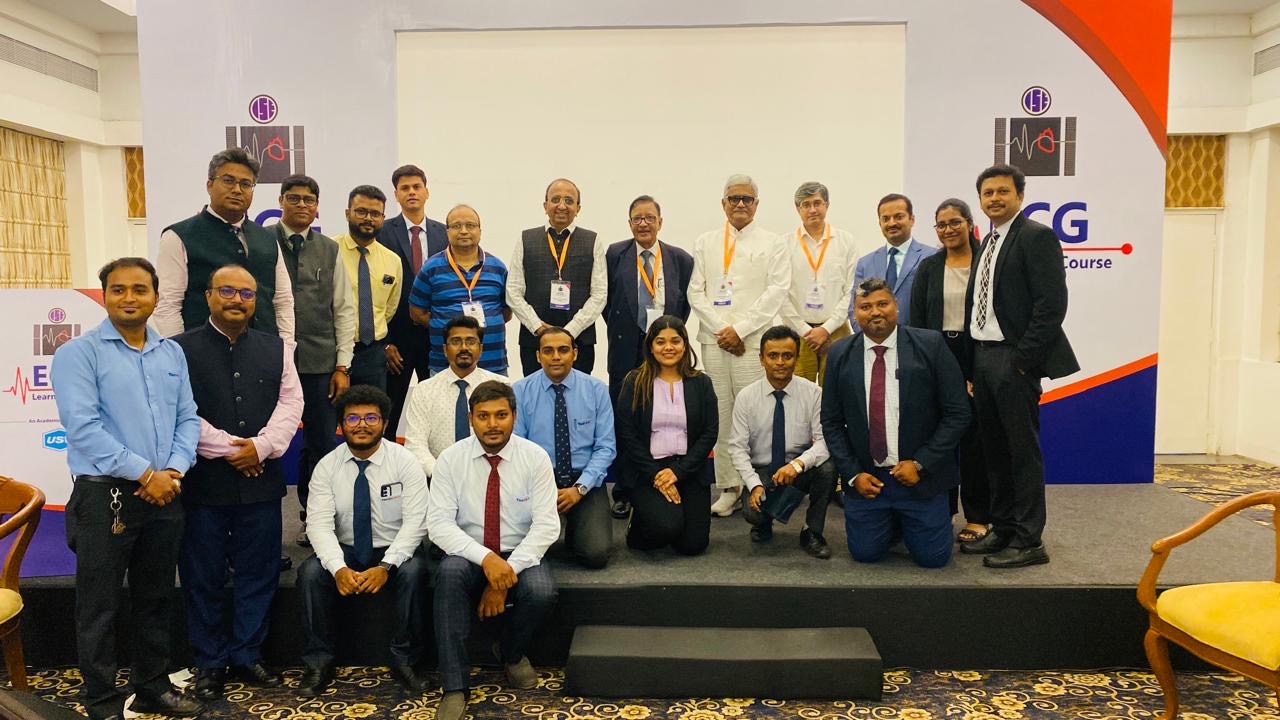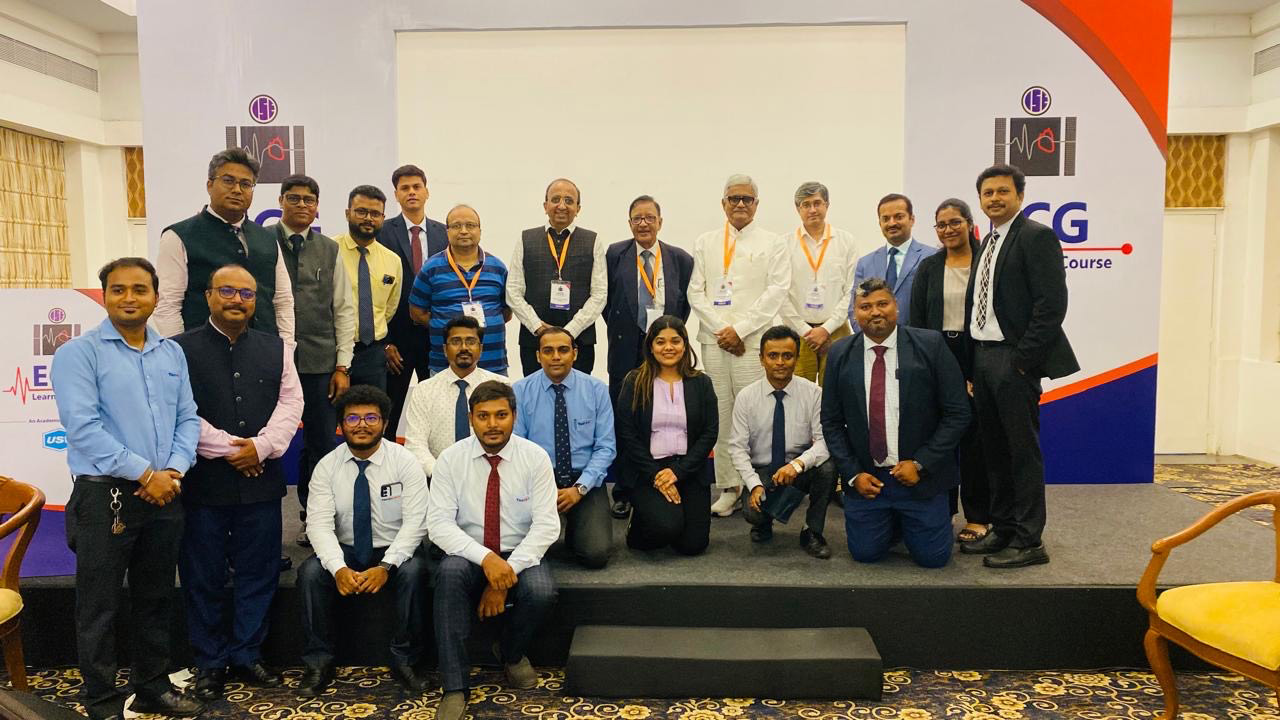
Who we are
About Salt Lake City Global Health Welfare & Social Research Foundation
Salt Lake City Global Health Welfare & Social Research Foundation is a non-profit organization committed to fostering a healthier and more informed society. Through proactive healthcare initiatives, research, and community education, we work towards preventing lifestyle-related diseases, enhancing overall well-being, and making quality healthcare accessible to all. Our approach integrates awareness, early detection, skill development, and research-based advocacy to ensure sustainable health solutions for communities.
What We Do
At SLC global physician forum , we focus on preventive healthcare and public health awareness through the following key initiatives:
Community Health Screenings
- Regular free health check-ups for conditions like hypertension, diabetes, and cardiovascular diseases.
- Early detection programs to reduce the risk of chronic diseases.
- Collaboration with medical professionals to provide diagnostic support and health counseling.
Public Awareness Campaigns
- Conducting workshops, seminars, and webinars to educate people on preventive healthcare, nutrition, and lifestyle management.
- Digital outreach programs offering informational videos, articles, and expert talks on health and wellness.
- Partnering with schools, workplaces, and community centers to promote health literacy.
Training & Skill Development
- First Aid Training for individuals, educational institutions, and corporate employees.
- Basic Life Support (BLS) and Emergency Response Training for better preparedness during medical emergencies.
- Empowering community health workers with practical healthcare skills.
Research & Advocacy
- Conducting health-based research studies to develop data-driven public health policies.
- Working with government agencies and healthcare institutions to enhance accessibility and effectiveness of healthcare services.
- Identifying gaps in healthcare delivery and providing solutions through evidence-based approaches.


